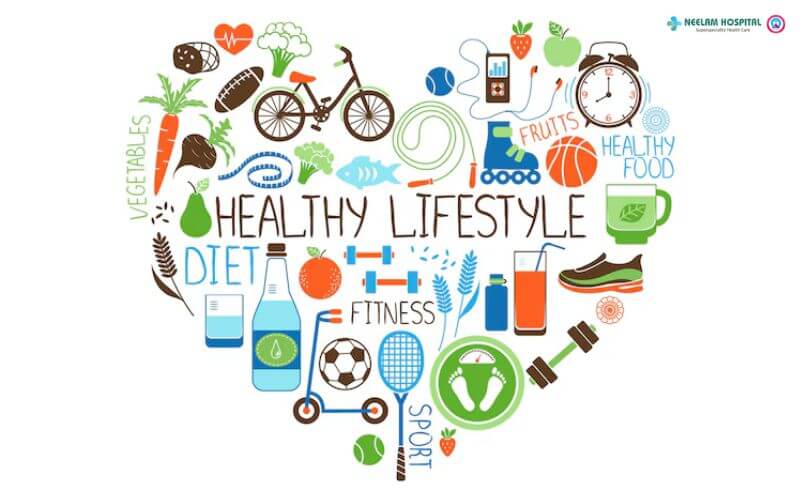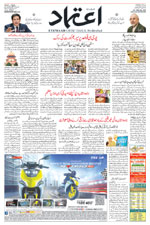Eating when not hungry may be bad for health: Study
Thu 31 Dec 2015, 12:10:23

Can’t stop from digging into your favourite cheesecake even when you are not really hungry? The habit may not be advantageous for your health, scientists have found.
With the wide availability of convenient foods engineered for maximum tastiness – such as potato chips, chocolates, and bacon double cheeseburgers – in the modern food environment and with widespread advertising, the contemporary consumer is incessantly being bombarded with the temptation to eat.
This means that, in contrast to people in traditional societies, people in contemporary societies often eat not on account of hunger but because tasty food is available and beckoning at all hours of the day.
New research by David Gal of University of Illinois at Chicago found that the tendency of today’s consumers to eat when they are not hungry might be less advantageous for health than eating when they are hungry.
The individuals participating in the study were 45 undergraduate students. The
participants were first asked to rate their level of hunger and then to consume a meal rich in carbohydrates.
participants were first asked to rate their level of hunger and then to consume a meal rich in carbohydrates.
To measure how the meal was impacting participants’ health, participants’ blood glucose levels were measured at regular intervals after they consumed the meal.
Blood glucose levels tend to rise after a meal containing carbohydrates and it is generally healthier if blood glucose levels rise by a relatively small amount because elevated blood glucose is damaging to the body’s cells.
The results of the study showed that individuals who were moderately hungry before the meal tended to have lower blood glucose levels after consuming the meal than individuals who were not particularly hungry before consuming the meal.
These findings suggest that it might be healthier for individuals to eat when they are moderately hungry than when they are not hungry.
The study was published in the Journal of the Association for Consumer Research.
No Comments For This Post, Be first to write a Comment.
Most viewed from Health
AIMIM News
Latest Urdu News
Most Viewed
May 26, 2020
Is it right to exclude Bangladesh from the T20 World Cup?
Latest Videos View All
Like Us
Home
About Us
Advertise With Us
All Polls
Epaper Archives
Privacy Policy
Contact Us
Download Etemaad App
© 2026 Etemaad Daily News, All Rights Reserved.

























.jpg)
.jpg)
.jpg)


